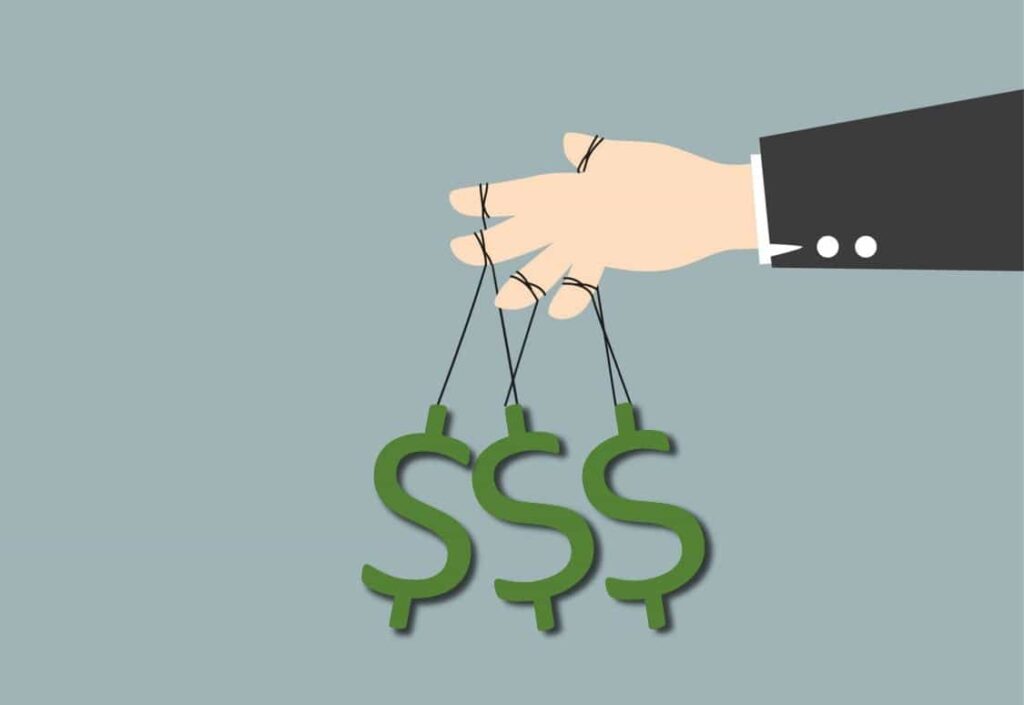Why Mastering Personal Finance Is Essential 💸
Taking control of your finances isn’t just about having a big paycheck or making smart investments. It’s about adopting the right mindset and implementing simple, but powerful, financial principles that will help you manage your money effectively and build long-term wealth. Whether you’re starting from scratch or looking to improve your financial habits, these 7 golden rules of personal finance will set you on the right path.
1. Pay Yourself First: The Power of Prioritizing Savings
You might have heard this rule before, but it’s so important that it deserves to be repeated. «Pay yourself first» means that, before you pay your bills, buy groceries, or treat yourself to a new gadget, the first thing you should do is set aside money for your savings.
- Why it works: It ensures that saving is a non-negotiable part of your financial routine, not something you do if you have any money left at the end of the month.
- How to do it: Automate your savings! Set up an automatic transfer from your checking account to a savings or investment account every time you get paid. Even if it’s only a small amount, the habit will help you build wealth over time.
2. Track Every Expense: Know Where Your Money Goes
Do you know where your money goes each month? If not, it’s time to start tracking your expenses. Without tracking, it’s easy to overspend on non-essentials and neglect important savings or debt payments.
- Why it works: Tracking gives you visibility into your spending habits, so you can identify areas where you can cut back.
- How to do it: Use a budgeting app like Mint or YNAB (You Need A Budget), or simply keep a spreadsheet. Categorize your expenses into necessities (like rent and groceries) and discretionary spending (like entertainment and dining out).
3. Build an Emergency Fund: Prepare for the Unexpected
Life is unpredictable. Emergencies happen when you least expect them—whether it’s a medical bill, car repair, or job loss. That’s why an emergency fund is a crucial part of your financial strategy.
- Why it works: An emergency fund gives you the peace of mind to handle life’s curveballs without relying on credit cards or loans.
- How to do it: Start by saving at least 3-6 months’ worth of living expenses. Keep the money in an easily accessible savings account or a high-yield savings account so that you can quickly tap into it when needed.
4. Get Out of Debt: The Debt-Free Journey
Debt can hold you back from achieving your financial goals. It’s easy to feel like you’re drowning when you have credit card balances or student loans hanging over your head. But getting out of debt is one of the most empowering steps you can take to secure your financial future.
- Why it works: Once you eliminate debt, you free up money that you can use for savings, investments, or other important financial goals.
- How to do it: Focus on paying off high-interest debts first, like credit card balances. Consider using the debt snowball method (paying off smaller debts first) or the debt avalanche method (focusing on high-interest debts).
5. Invest Early, Invest Often: Let Time Work for You
The earlier you start investing, the more time your money has to grow. Time is one of the most powerful factors in building wealth, and the earlier you harness it, the better.
- Why it works: Compound interest allows your investments to grow exponentially over time. Even small, regular investments can lead to significant returns in the long run.
- How to do it: Start by contributing to a 401(k) or IRA if your employer offers one, or open an index fund or ETF account if you’re new to investing. You don’t need a lot of money to start—just begin with what you can afford and stay consistent.
6. Live Below Your Means: The Power of Contentment
This rule might sound simple, but it’s a game-changer. Living below your means doesn’t mean depriving yourself—it means spending less than you earn and prioritizing long-term financial freedom over short-term indulgence.
- Why it works: When you live below your means, you have more money to save, invest, and build wealth.
- How to do it: Create a budget and stick to it. Avoid lifestyle inflation—just because you get a raise doesn’t mean you should immediately increase your spending. Prioritize needs over wants, and save for things that truly add value to your life.
7. Continuously Educate Yourself: Knowledge is Power
The financial world is constantly evolving, and staying informed is crucial to making smart decisions with your money. Continuous education will help you stay on top of trends, understand different investment strategies, and find new ways to save.
- Why it works: The more you know about personal finance, the better decisions you can make. Plus, staying educated helps you feel more confident in your financial choices.
- How to do it: Read books, take online courses, listen to podcasts, and follow financial blogs. Don’t be afraid to ask questions—learning is an ongoing process.
Master Your Money, Master Your Life
By following these 7 golden rules, you’ll set yourself on the path to financial independence and security. It’s not about making a fortune overnight—it’s about building a strong foundation and adopting habits that will pay off in the long run.
Remember, financial freedom is a journey, not a destination. Start small, stay disciplined, and let time and consistent action work in your favor. The best time to take control of your finances is now—what are you waiting for?



